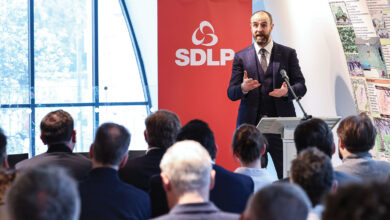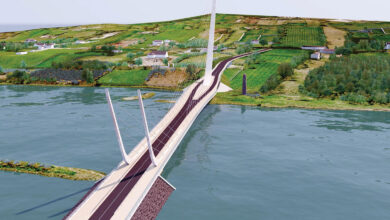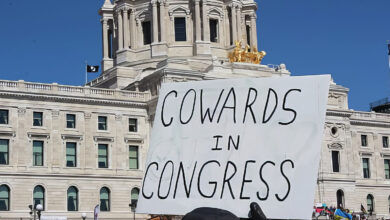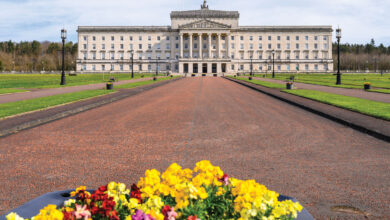Northern Ireland needs care and attention

Northern Ireland’s political system is in trouble, write Alan Renwick, professor of democratic politics and, Conor J Kelly, research assistant, and Project Manager, The Constitution Unit, Department of Political Science, University College London.
Devolved government in Northern Ireland is suspended, with uncertain prospects for restoration in the short term. Public services are struggling. Trust is debilitatingly low. The settlement reached through the 1998 Good Friday Agreement looks increasingly brittle.
Leaders in Northern Ireland bear much of the responsibility for getting back on track. But one lesson of the last quarter century and more is that success in Northern Ireland requires close engagement from Dublin and London, and a healthy relationship between the two.
Yet interest in and understanding of Northern Ireland at Westminster is low. Our research suggests that much the same is true in Dublin. And the relationship between the governments – though improved from post-Brexit lows – remains weak.
Over the summer 2023, we released a report, Perspectives on the Belfast/Good Friday Agreement: Examining Diverse Views, 1998–2023, examining how people and politicians think about the 1998 Agreement. The findings may not have surprised seasoned observers in Northern Ireland, but they bear close attention for others. The Agreement remains the bedrock on which most people want to build the future, but there are resentments on all sides. Anger that one party can veto functioning government is widespread. Many nationalists feel ignored by Dublin, while many unionists feel deeply betrayed by London. Non-aligned voters often see the system as skewed against them.
There are no easy answers to such challenges. But a starting point is that London and Dublin must engage and listen – and demonstrate they are doing so. Progress is impossible without trust, but trust will not regrow unless people feel they are seen and respected.
Our colleague Alan Whysall, a former civil servant in the UK Government’s Northern Ireland Office, has similarly stressed the need for London, acting with Dublin, to take a more proactive approach. He has also mooted possible reforms that could revive the agreement before all confidence has ebbed away. Getting sufficient consensus on any reforms would be difficult, but fresh ideas deserve attention.
Seeking a reset in Northern Ireland’s politics requires the British and Irish governments above all to focus on the immediate challenge of restoring the devolved institutions. But an eye to the long term is needed as well – to forestall future challenges and forge future opportunities.
One challenge needing attention concerns how the British and Irish governments relate to each other and maintain mutual understanding in the post-Brexit era.
Another, where Dublin’s role is lesser, concerns the future shape of the union between England, Wales, Scotland, and Northern Ireland. Wales is devoting much creative attention to developing ideas. Yet unionism in Northern Ireland (and Scotland) has become defensive; space for designing positive future visions is needed.
A third issue is the possibility of a united Ireland. This is widely talked about but has again received remarkably little detailed thinking. What would a united Ireland look like, and what would be the process of getting there? The prospect may look distant today. But the agreement requires a ‘border poll’ in certain circumstances, and Dublin would have no formal say on the timing. So thinking the matter through in advance is important.
We were both part of a Working Group on Unification Referendums on the Island of Ireland, which published a detailed report in 2021 identifying and assessing options for the design of such votes. We did so not because we are pushing for referendums – as academics, we have no position on the matter – but because such votes might happen at some point, and going into them without a clear plan would carry significant dangers. We found no easy options. Detailed planning may not be needed yet; but awareness of the issues is.
Northern Ireland needs care and attention from both Dublin and London, but it is not getting enough from either. That should change.





